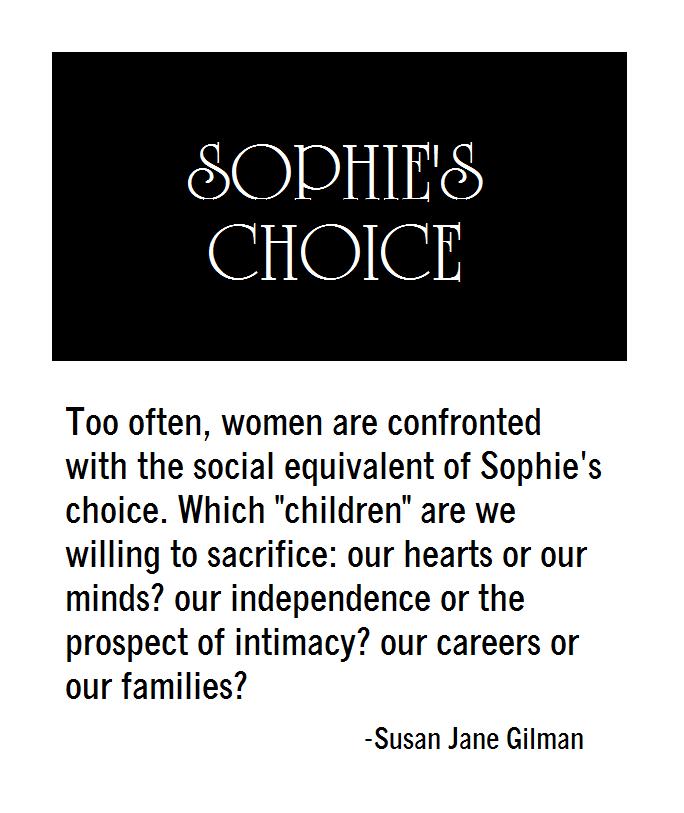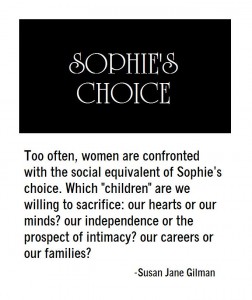
As the General Manager of a growing company, I am always on the lookout for good people. Hiring application emails go not only to HR, but get delivered directly to my inbox, as well. I am regularly appalled at the low quality of application submissions and the ill-preparedness of candidates during interviews. If you’ve ever been turned down for a job, or have found yourself unemployed for a lengthy period, here are some possible reasons why.
1. Your Cover Letter is Sloppy
“Dear Sir or Madam” or “To Whom It May Concern” letters are a waste of time. Make a quick phone call and find out the name of the hiring manager, so that you can make a good first impression by addressing him or her by name in your letter. Photocopied form letters with the company name written in prove that you haven’t invested enough time in the hiring process to make you deserving of a job. Spelling errors, bad grammar, poor punctuation and failing to sign a letter of application are all immediate turnoffs. Be fastidious in presenting your letter. Always spellcheck the document, and have a trusted friend review it. If you make a mistake, correct and reprint, do not correct it by hand. Write a short paragraph explaining to the prospective employer why you are an ideal candidate and deserve to be interviewed. Cover letters usually only get a quick scan, so keep them short and to the point.
2. Your Resume is Boring
Your resume should be like your own personal billboard. It is your first shot at selling yourself to a prospective employer. It should say “I’m the one, hire me!” Most applicants prepare CVs that simply list their work and educational history, without stopping to consider how many similar pieces of paper will be coming across the hiring manager’s desk. You must stand out. Have you documented what makes you unique? Do you have any special skills? What experience did you gain in your last job that makes you ideally suited for the position being applied for? What were your outstanding accomplishments in your last job? If I don’t see these things on a candidate’s CV, then I assume there is nothing outstanding about the candidate being considered.
3. You Have Gaps in Your Employment History
One of the biggest turnoffs when I look at a résumé are significant gaps in employment history. This is something that I have come across more and more. I find it alarming that young people after completing studies wait too long to find the perfect job. Many more experienced job candidates also let too much time pass as they wait for a “suitable position” after being let go. Don’t do it. Stop being so picky! You’re much more likely to find a job when you are in one. Being unemployed for a year or more is a dangerous red flag for a potential employer. It says that you are lazy, inflexible and exacting. Take the best job you can get while actively seeking something better. Staying at home watching TV will do nothing to make you more employable.
4. You Sound Disinterested on the Phone
One of my go-to hiring techniques is the 5-minute phone interview. Whether I am hiring someone straight out of high school or a well-paid senior executive, I won’t feel comfortable about hiring someone who can’t impress me on the telephone. If you have provided a mobile phone contact, you should always be sure to answer your own phone and answer it in a friendly, confident and professional manner. Be decisive in your responses. If you can’t take the call just then, politely offer to take a number and return the call at a convenient time. Be upbeat and enthusiastic. The hiring manager can’t see you; your voice is the only thing he or she has to go on. Sounding disinterested or distracted during the first phone call is a great way be crossed off the interview list.
5. You are Unclear about Your Own Strengths
Every prospective hire who is to be successful must be clear on what makes him or her an ideal candidate for the job. Your outstanding qualities should be a mix of academic or intellectual qualities, character or personality strengths and skills gained through on-the-job experience. Before going in for an interview, ask yourself what qualities it will take to do well in the position, and how you can confidently demonstrate your ability to do a good job. You should be able to readily give examples of your stellar traits through short, interesting anecdotes. There must also be consistency between what you have described on your résumé and what you will speak comfortably about on an interview. Interviewers can quickly detect when a résumé has been “padded”.
6. You Fail to Make a Connection at Interviews
If you have been selected for an interview, then most likely the hiring committee feels reasonably comfortable with your qualifications. You will now have to prove that your experience is relevant and useful, and that you will be a good fit. Do your homework so that you know what the job entails. Review the job opening ad carefully. Research the position online or speak with the hiring manager about the position that has been advertised. Find out more about the company, and its culture and try to experience its products and services. The interview is your chance to connect with the goals of the organization and show that you have the skills required to do well in the position to be filled. Listen; too often, candidates to not listen carefully to the questions being posed and deliver rambling, irrelevant responses. Connect; look directly at your interviewer, place your body comfortably towards them and maintain a relaxed but confident posture. Try to mirror the tone and language being used by the interviewer, and ask clarifying questions if necessary. Most importantly be bright and alert; you will generally not get hired if you are not liked.
7. You Don’t Follow Up
Many candidates mistakenly see themselves at the center of the interviewer’s universe. They forget that quite often as many as ten or more candidates are selected for interview for a single position. Even if you were not the top choice in the interviews, following up can give you an edge. Send an email thanking the hiring manager for the interview, or offer contact information for your references. A quick phone call to follow-up a week or two afterward can help shift the decision in your favor. Even if you are not hired for the position, you will now have made a connection with the manager, and will likely be considered for future openings. One final way to make a lasting impression is to send a letter thanking the company for considering you even after another candidate has been chosen.




